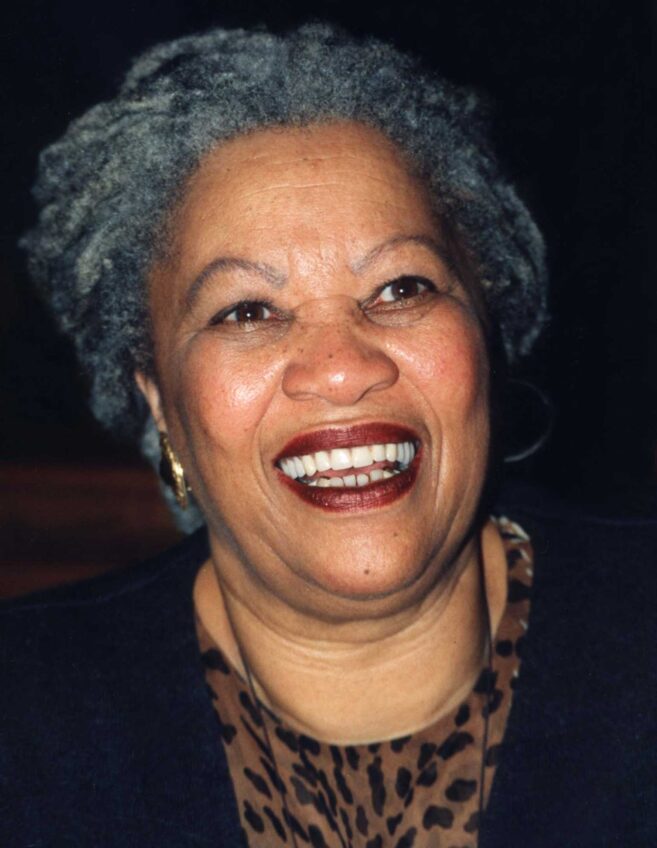Since taking office, President Trump has signed more than 90 executive orders. None has focused explicitly on Puerto Rico, but many of them will affect the territory more than they will impact states like Massachusetts.
A variety of island residents told the San Juan Star that they were concerned about the impact of tariffs against Mexico, Canada and China.
“Everything is expensive as it is right now. Food is expensive and [so is] gasoline,” said Carmen Ayala, a 58-year-old teacher, while shopping at a local San Juan supermarket. “We buy a lot of stuff from China. We have to struggle to make ends meet and now things are going to get worse.”
Trump said via social media that Americans could feel “some pain” from the emerging trade war triggered by his tariffs against the three U.S. trading partners, according to the Star.
“Will there be some pain? Yes, maybe ( and maybe not!),” Trump added in a social media post. “But we will make America great again and it will be worth the price that must be paid.”
Prices are expected to rise on cars, auto supplies, gasoline, cellphones, computers, electronic devices and clothing, along with certain fruits and vegetables imported from Mexico, according to the Star.
“This is going to hurt everybody. I am on Social Security and on a fixed income,” said Rodrigo Pérez, a retired truck driver.
Some of the individuals interviewed by the San Juan Star said it was time for Puerto Rico to start buying more locally.
Marisa Córdova, a 39-year-old waitress, said Puerto Ricans are resilient and will try to make ends meet to weather what is coming.
“I will have to work more to make more money,” she said.
The nonpartisan Center for a New Economy has identified three areas of particular concern:
• Reconstruction funding through FEMA has been approved, but less than half of the funds have been spent. The federal government has already clawed back unspent funds in response to the pandemic. It could do the same with the unspent funds for the island’s reconstruction.
• Cuts at the U.S. Department of Education are likely to hit Puerto Rico hard, since the territory relies more on this department than states do. Not only does Puerto Rico have higher levels of special needs students, but the island also has fewer local resources than states do.
• The Medicaid program in Puerto Rico is especially vulnerable because the formula that determines the territory’s payments from the federal government currently mandates that 83% of all Medicaid costs will be paid by the U.S. This percentage will decrease to 55% at the end of September 2027 unless Congress passes a new law to keep it at 83%. Roughly half of the residents of Puerto Rico rely entirely on Medicaid for their health care needs.
• Puerto Rico imports significant amounts of goods from the primary adversaries in the trade war being waged by the administration, Canada and Mexico. Prices of goods from these countries are expected to rise, and residents of Puerto Rico are less able to absorb rising prices than the Americans living in the states. Puerto Rico’s poverty rate is 41.6%, and 85% of food in Puerto Rico is imported. Many residents don’t have the flexibility to deal with the consequences of the tariffs without hardship.
The report also references the pause in grant funding. While this freeze is currently making its way through the courts, many programs have found that they cannot access the federal taxpayer funds they have been awarded.
Of the estimated $165 billion allocated to Puerto Rico, only $65 billion has been disbursed as of 2025, according to the government of Puerto Rico’s Central Office for Recovery, Reconstruction and Resiliency.
These supplemental funds awarded through FEMA & HUD are vital to the island’s recovery.
Earlier this month, the territorial government passed a measure to protect consumers from tariff-related price increases by businesses.
The joint resolution directs the Department of Consumer Affairs (DACO by its acronym in Spanish) to prevent unjustified hikes in consumer prices.
“In recent days, we have received a considerable number of complaints and grievances from consumers who are worried about the misuse of ‘federal tariffs’ as a pretext for increasing prices unjustly,” said Puerto Rico House Judiciary Committee Chairman Jose “Che” Perez.
The proactive measure is intended to address concerns voiced by consumers who fear that certain businesses may leverage the ongoing tariff situation to enhance their profit margins at the expense of consumers.
“This resolution is fundamentally designed to safeguard consumers from the actions of a minority of businesses that might seek to exploit the situation for their own financial gain,” Pérez added.
This uncertainty makes it hard for families, agencies and businesses in Puerto Rico to make basic economic decisions.
Puerto Rico’s status as a U.S. territory has created far more poverty on the Island than in the states.
Forty percent of the Island’s population lives below the poverty line, compared with 11% in the states, according to the U.S. Census.
Puerto Rico is already unfairly and unequally impacted by decisions made in Washington.
Massachusetts residents have two senators and nine House members in Congress fighting for them. Puerto Rico has one non-voting member.
Broadly speaking, it’s fair to say that Puerto Rico is more vulnerable than the states for two reasons. Puerto Rico does not have a congressional delegation vote in Washington. And the U.S. Supreme Court has ruled that Congress can discriminate against the island’s 3.1 million U.S. citizens in all federal social safety net programs like Social Security and Medicaid “as long as there is a rational basis for doing so.”
Gene Roman is a freelance reporter based in New York City.






